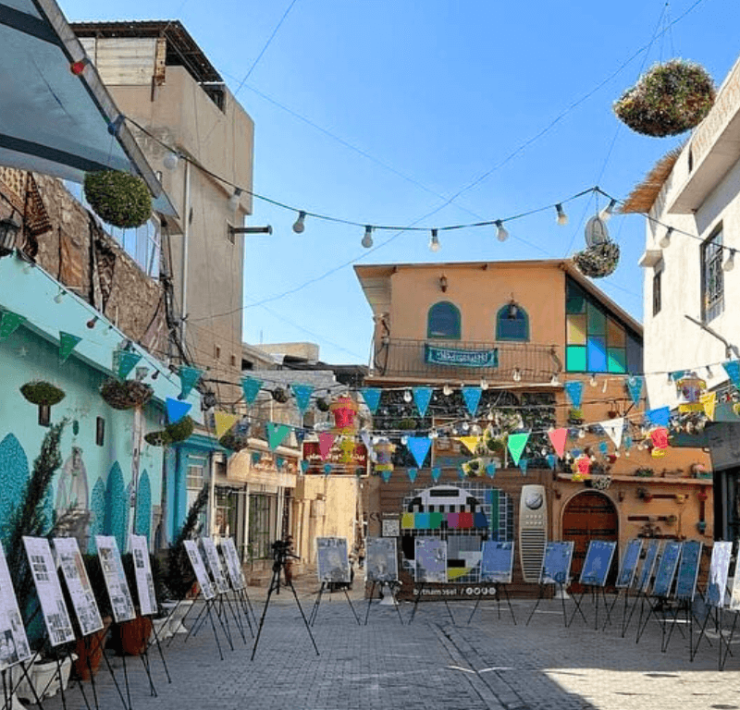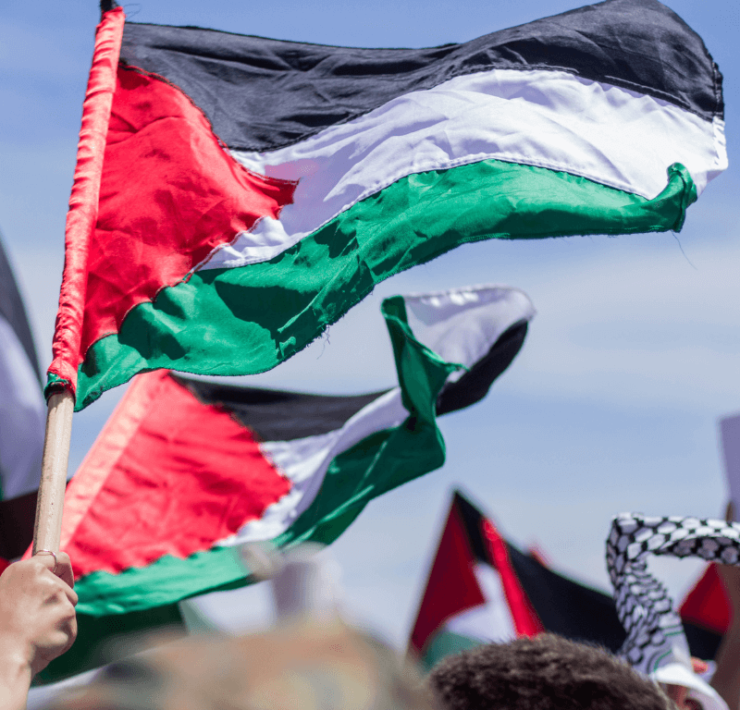Thirty two people were killed in a suicide attack orchestrated by the so-called Islamic State in the Turkish city of Suruc last Monday. For the rest of the world, the attack was merely the latest in a series of atrocities committed in the region at the hands of ISIL. For Turkey this struck a much more worrying chord, calling into question its policy towards the Syrian war and the relatively relaxed stance it has, until recently, taken with regards to the group. Ankara has thus far avoided any major conflict with ISIL but risks provoking further retaliatory attacks as it belatedly steps up its approach.
 The aftermath of the attack in Suruc (image: BBC News)
The aftermath of the attack in Suruc (image: BBC News)
Since the outbreak of the Syrian civil war in 2011, Turkey has maintained a uniquely non-committal approach to the fight against extremist groups such as ISIL. While Turkey is officially a member of the anti-ISIL coalition, its uncompromising anti-Assad stance has led Ankara to restrict its involvement in the coalition’s campaign, refraining from participating in airstrikes against the group. The loosely controlled border that Turkey shares with Syria has facilitated not only the flow of refugees, but also the movement of ISIL fighters and those supplying them. As a result, many have criticised the Turkish government for turning a blind eye to, and even tacitly supporting the group in the wake of last week’s attack – although Prime Minister Ahmet Davutoglu steadfastly denies this.
The attack was prompted by the Turkish government’s initial steps towards a crackdown. Turkish authorities had carried out a series of raids in the weeks leading up to the attack, arresting suspected members of the group. Turkey now faces a difficult crossroads as it formulates a response to the attack: it must either clamp down on ISIL fully or not at all. If it continues to carry out raids and arrests, but without addressing the issue of border security which has thus far allowed ISIL to flourish, it risks provoking further attacks from the group. But if it does nothing, it risks sparking further protests like those it saw last week in the wake of the attack, and further criticism of its lack of commitment to the destruction of ISIL.
 Protests erupted in Istanbul in the wake of the attack (image: The Telegraph)
Protests erupted in Istanbul in the wake of the attack (image: The Telegraph)
So far, Ankara has responded positively to the attack; Erdogan’s government claims to have bombed ISIL positions in Syria, and has also allowed the US use of a military base near the border from which to launch airstrikes against the group. Turkish police have also reportedly carried out raids to arrest suspected militants over the weekend in 140 locations in Istanbul. But these efforts will only have an effect if combined with the tightening of control over the porous and loosely-guarded Syrian border, restricting the movement of militants and cutting off their supplies.
 A Syrian border crossing in Souther Turkey (image: WSJ)
A Syrian border crossing in Souther Turkey (image: WSJ)
Turkey’s lack of commitment to the anti-ISIL cause can not only be attributed to its strong desire to see Bashar al-Assad fall, but also to its initial assumption that the Syrian war would be short-lived. Ankara’s lack of a long-term strategy with regards to Syria demonstrates a short-sighted view of the conflict which, four years on, is coming back to haunt them. Erdogan’s government failed to foresee the destructive, long-term nature of the war – a risky misconception due to Turkey’s proximity to the conflict.
Many would argue that the ‘too little, too late’ response has become somewhat of a running theme in Syria. Had Western powers assisted demonstrators in the beginning when they had the chance, perhaps Assad would not have been able to hold on for so long and the monster that is ISIL might never have reared its ugly head. Had Turkey not ignored the emergence of extremist opposition groups, it might not be seeing sectarian violence and conflict in its border regions today. Had Obama not promised to act when Assad crossed the elusive “red line”, then America’s criticism of the use of chemical weapons might resonate better than it currently does.
 A Turkish refugee camp near the Syrian border (image: The Guardian)
A Turkish refugee camp near the Syrian border (image: The Guardian)
But the West didn’t help the revolutionaries. Turkey did not close its borders to Islamist militants. And Assad has crossed Obama’s “red line”. The conflict has reached unprecedented levels of violence and suffering, and no side appears to be backing down. Assad has nothing to lose and he knows it. His removal or surrender would first spark the mass killing and potentially genocide of the Alowis at the hands of the numerous opposition factions within Syria. It would also give rise to a violent power struggle between the various opposition groups – including the likes of ISIL and Jabhat al-Nusra –, competing to fill the power vacuum left behind. The suffering and instability facing ordinary Syrians would inevitably continue, and the current government could easily be replaced by another equally, if not more barbaric regime.
Four years in, we must finally accept the Syrian war for what we have let it become – a long-term conflict of political, religious and existential interests that shows no signs of dissipating. And we, the international community, governments near and far, must finally adopt long-term strategies to end the conflict and pursue a lasting, political solution.









